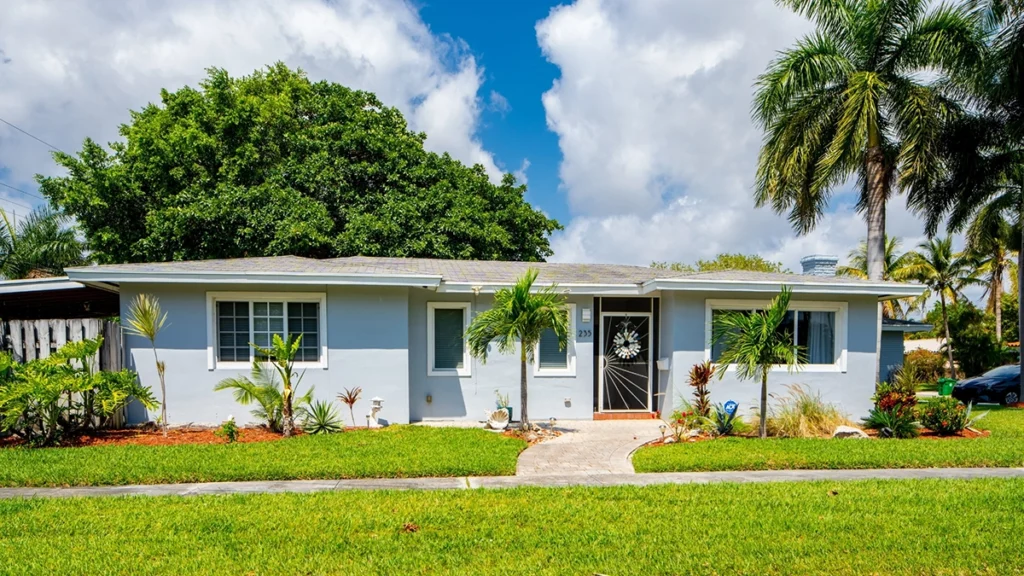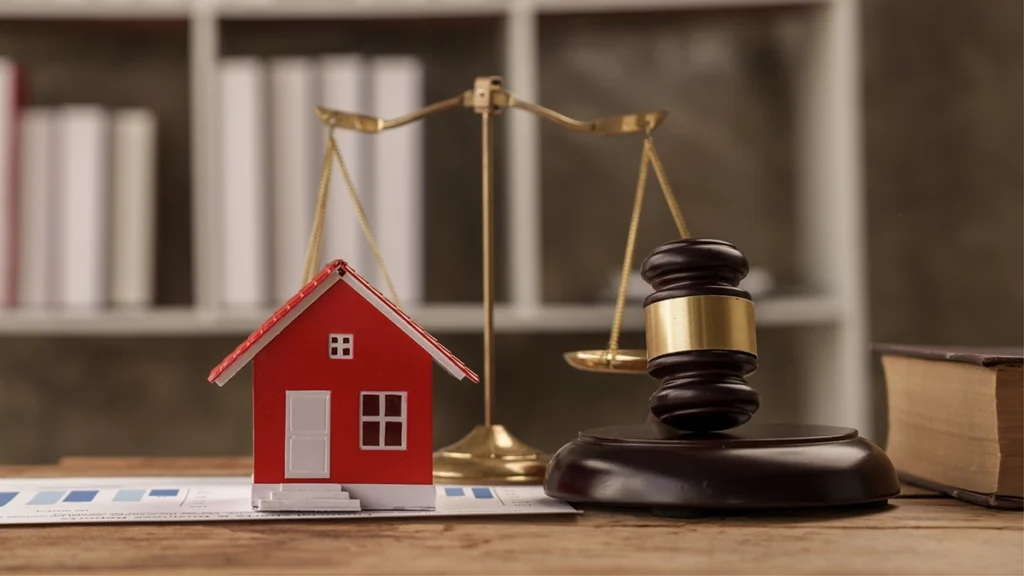For many families, a home is more than a roof and walls. It holds memories, laughter, and the comfort of belonging. When it comes time to plan for its future, the decision is not just about paperwork, it is about protecting what matters most.
Probate can be expensive, stressful, and time-consuming, leaving loved ones waiting through a complicated process. A Lady Bird Deed, also known as an Enhanced Life Estate Deed, offers a simpler path.
It lets you keep full control of your home during your lifetime while ensuring it transfers smoothly to your family without probate.
Understanding Probate And Its Impact On Families
Probate is the legal process that follows someone’s passing. A court reviews the Will, settles any debts, and oversees the distribution of property. While meant to ensure fairness, probate can create stress and uncertainty. It often lasts months or even years, and court costs, attorney fees, and other expenses can significantly reduce the estate’s value. During this time, heirs may not be able to access or sell the property, leaving families in a difficult waiting period.
Imagine a home that has been in one family for generations. The children may want to live there, rent it, or sell it to cover expenses. Instead, they wait as the court process drags on. This delay can strain family relationships and add to emotional hardship. For many homeowners, avoiding probate entirely offers peace of mind. It allows loved ones to grieve and move forward without the added weight of legal complications.
What A Lady Bird Deed Does
A Lady Bird Deed, formally called an Enhanced Life Estate Deed, allows a homeowner to keep full control of their property while naming future beneficiaries. The owner, known as the life tenant, keeps the right to live in, sell, mortgage, or revoke the deed at any time. The beneficiaries, called remainder beneficiaries, do not gain legal ownership until the owner passes away. When that happens, the transfer happens automatically, without probate or court involvement.
This flexibility makes the Lady Bird Deed stand out. Unlike a traditional life estate deed, it allows the homeowner to retain full authority. Unlike a Will, it bypasses the lengthy probate process. And unlike a trust, it is easier and more affordable to create. For many families, it provides the ideal balance between independence during life and security after death.
How Lady Bird Deeds Protect A Family Legacy
A family home represents stability and shared history. A Lady Bird Deed gives homeowners confidence that their property will remain with the people they choose. It also overrides a Will for the property it covers, meaning that if a Will names someone else, the deed takes precedence. This clarity helps prevent confusion and potential disputes.
Families value this certainty. Loved ones know what to expect, and the homeowner’s wishes are carried out as intended. By providing both control and protection, a Lady Bird Deed helps preserve family unity and keeps the home where it belongs.
Where Lady Bird Deeds Are Recognized
Lady Bird Deeds are available only in certain states: Florida, Texas, Michigan, West Virginia, Vermont, and North Carolina. In these states, they are widely used as a reliable estate planning tool. If you live elsewhere, other strategies such as living trusts may be necessary to achieve similar results.
This limitation is important for families who own property in multiple states. For example, a homeowner might use a Lady Bird Deed for a Florida property while creating a trust for a second home in another state. Understanding where this deed applies helps families design a complete plan that fits their circumstances.
Comparing Options For Passing Property
Estate planning provides different ways to pass property, each with unique advantages. Consider Angela, a 70-year-old widow in Florida. She wanted her son to inherit her home without legal hurdles. Using a Lady Bird Deed, she kept full ownership and flexibility while naming her son as the future beneficiary. When she passed away, her son recorded her death certificate and an affidavit, and the property transferred immediately. There was no probate, no waiting, and no confusion. Angela’s choice gave her peace during life and security for her son after her death, showing how one document can save time, money, and stress.
Wills
A Will is simple to create but must go through probate. This means added costs and delays before heirs receive property. Wills are still important for personal belongings and accounts but may not be enough to transfer real estate efficiently.
Living Trusts
Living trusts can avoid probate but require more setup and ongoing management. They often involve higher legal fees and must be properly funded with assets. While excellent for complex estates, they may feel unnecessary for homeowners focused only on their primary residence.
Joint Ownership
Adding a child as a joint owner might appear easy, but it creates risks. The child gains immediate rights, which can affect refinancing, taxes, or expose the property to creditors. This shortcut often causes more problems than it solves.
Lady Bird Deeds
A Lady Bird Deed provides a balanced solution. It avoids probate, maintains full control for the homeowner, and ensures an automatic transfer at death. It requires less effort than a trust, carries fewer risks than joint ownership, and offers more protection than a Will alone.
Flexibility During Life, Security After
One of the strongest benefits of a Lady Bird Deed is flexibility. The homeowner can still sell, refinance, or change beneficiaries at any time. Future beneficiaries have no legal control until the homeowner passes away.
This freedom, paired with long-term certainty, makes the deed ideal for families with changing needs. It is especially helpful in blended families where parents may wish to provide for children from different marriages while protecting a surviving spouse. Because it can be updated easily, the homeowner stays in control of both the property and their legacy.
How Families Benefit Across Generations
A Lady Bird Deed helps families protect more than just financial assets; it safeguards connection and stability. By avoiding probate, heirs keep more of the property’s value and avoid months of legal delays. For younger generations, inheriting a home this way can mean financial stability and a stronger foundation for the future.
Equally important are the emotional benefits. Instead of associating the home with legal complications, heirs remember it as the heart of family life. The deed preserves not only financial worth but also the memories that give a home meaning.
Why Timing Matters
Estate planning works best when done early. Waiting until health or legal issues arise can limit options. Creating a Lady Bird Deed ahead of time provides peace of mind and ensures your plan is ready when needed. The process is quick, and because it can be updated later, it offers both preparedness and flexibility.
Life brings change, and beneficiaries may need to be revised as families grow or circumstances shift. The ability to update a Lady Bird Deed ensures it continues to reflect your intentions without starting over from scratch.
Bringing It All Together
A home holds more than value, it holds family history. Probate can disrupt that legacy with cost, delay, and uncertainty. A Lady Bird Deed keeps things simple, allowing homeowners to maintain control during life and transfer property seamlessly after death. It protects families from unnecessary stress and ensures that what matters most stays in trusted hands.
Among estate planning tools, the Lady Bird Deed stands out for its simplicity, flexibility, and protection. For homeowners in states where it is recognized, it remains one of the easiest and most effective ways to preserve a family home and legacy for generations to come.
Key Takeaways
- A Lady Bird Deed avoids probate and transfers property directly to beneficiaries.
- It overrides a Will for the property it covers, reducing confusion or disputes.
- It is recognized only in Florida, Texas, Michigan, West Virginia, Vermont, and North Carolina.
- It maintains lifetime control while protecting the family after death.
- It provides a simple, affordable way to safeguard a family legacy.



